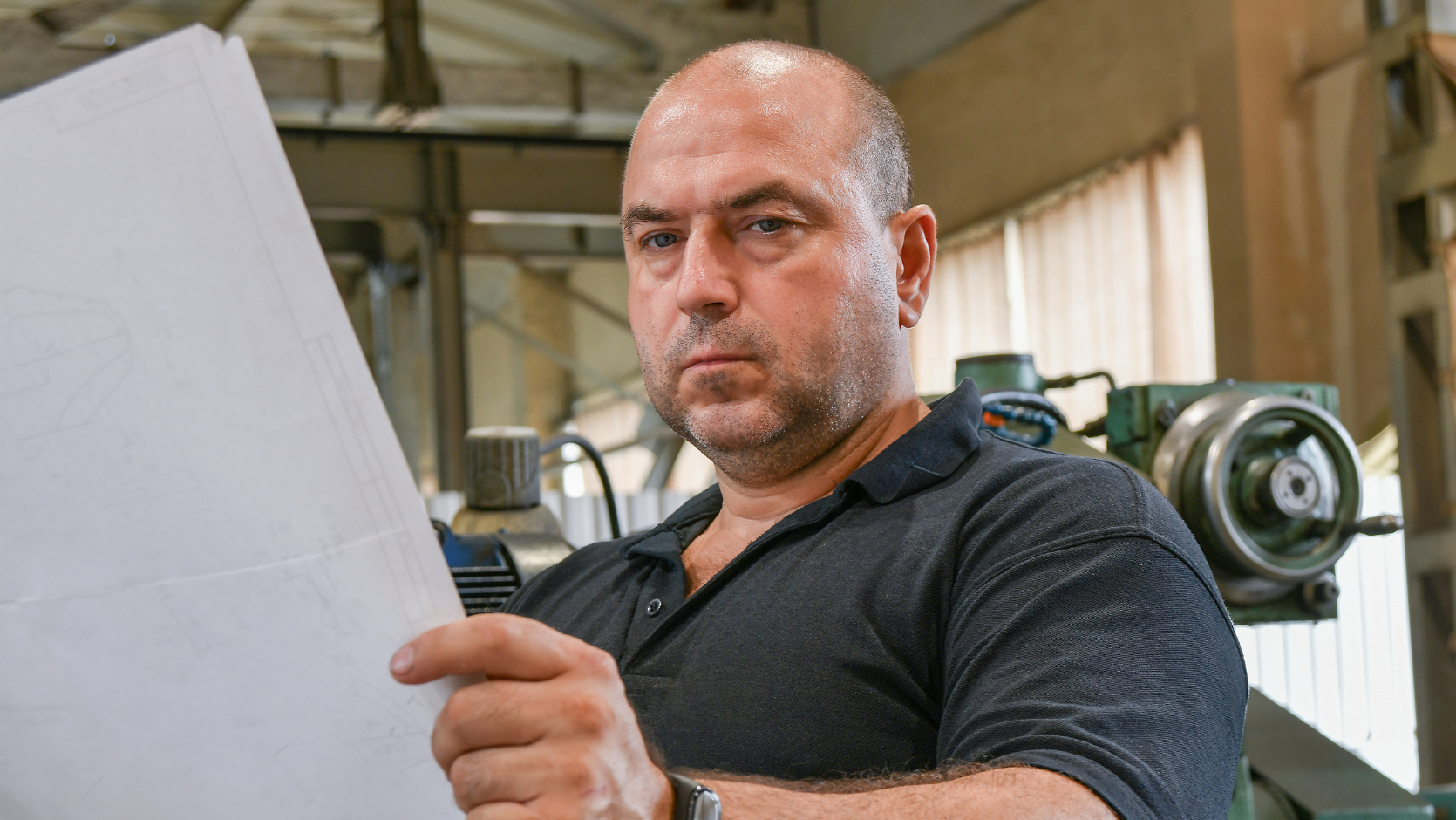The Facts
Mechanic injured while repairing loader
A case in 2018 concerned the question of whether a contractor’s injuries were caused by negligence of the company where he worked.
A light vehicle mechanic employed by a service company was working as an independent contractor at a landscaping and garden supply company, servicing bulldozers, excavators, forklifts, trucks and wheel loaders across their 15 work sites.
In early 2007, the mechanic was directed to service a Volvo wheel loader that was owned and operated by the landscaping company. The machine had been damaged and the mechanic was unable to realign and fasten the bolts of the “bash plate” on one side. As a short-term solution, the bash plate was welded on, so that the loader could be put back into operation quickly.
Later in 2007 the mechanic was again directed to service the wheel loader. While he was attempting to remove the bash plate, which weighed approximately 200 kilograms, it fell onto the ground, crushing his right arm.
Mechanic brings action in negligence against company
The mechanic brought an action in negligence against the landscaping company, alleging, among other things, that it had failed to provide a safe place of work and permitted him to work on a loader which it knew to be defective.
The landscaping company brought a cross claim against the service company that employed the mechanic, for breach of contract, indemnity and/or contribution.
It was for the court to determine whether the mechanic was entitled to compensation for his injuries and, if so, who should pay.














Expert commentary on the court's decision
Supreme Court finds in favour of mechanic
In the case Tsoromokos v Australian Native Landscapes Pty Ltd [2018] NSWSC 321, Latham J of the Supreme Court found for the mechanic, Mr John Tsoromokos, despite noting that he was a difficult and combative witness, that his demeanour was at times belligerent and evasive and that he was prone to exaggeration.
The court formed the view that he had sometimes adopted a less than conscientious approach to the maintenance and repair of the machinery and had completed some jobs by using unsuitable tools and equipment.
The court also noted that the reliability of Mr Tsoromokos, particularly when attempting to relate the circumstances under which the bash plate fell onto his right arm, was called into question by the contemporaneous records of the accident, including statements that he had made to others.
Nevertheless, the court found that the landscaping company, Australian Native Landscapes Pty Ltd, was responsible for the condition of the loader and that the risk of harm for persons working on the loader was foreseeable and not insignificant. It was also found that a reasonable person in the company’s position would have rectified the weld.
This case highlights that businesses must provide a safe place of work not just for employees, but also for any independent contractors that they retain.
Mechanic’s contributory negligence for failing to carry out visual inspection of loader
However, the court also found contributory negligence against the mechanic, assessed at 40%.
The court held that Mr Tsoromokos had failed to carry out a proper visual inspection of both sides of the loader before commencing work, taking into account his responsibility for his own safety, as well as his knowledge and experience.
One cross-claim fails, another succeeds
The landscaping company had issued a cross-claim against the service company that employed the mechanic for breach of contract, indemnity and/or contribution.
The court found that the landscaping company must be in a position to know the risks that are occurring or likely to occur, and that the mechanic’s company, in this circumstance, did not know and could not have foreseen the risk of harm to him.
Interestingly, the mechanic’s company in turn succeeded in a cross-claim against the landscaping company, seeking indemnity for payments made pursuant to Section 151Z (1)(d) of the NSW Workers Compensation Act 1987.